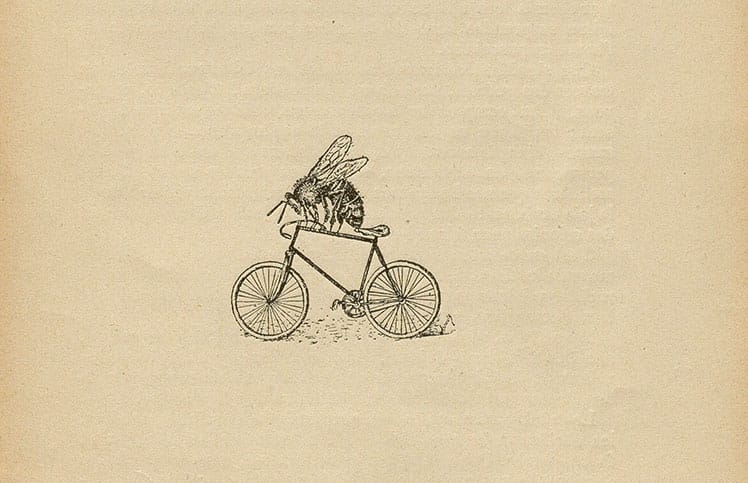Brewster Kahle at the Royal Danish Library in Copenhagen on 4 September
Digital librarian and founder of the Internet Archive, Brewster Kahle, will deliver a public lecture introducing Internet Archive Europe in Copenhagen on Thursday, September 4, 2025, from 13:00 to 14:15 CET. The event will take place at the Royal Danish Library, Karen Blixens Plads 7, Grand Lobby, Copenhagen.
📢 Register here to attend the event.
Brewster Kahle and Universal Access to All Knowledge
Brewster Kahle has dedicated his career to creating a digital library accessible to all, preserving over 145+ petabytes of data—including books, web pages, music, television, and software. The Internet Archive collaborates with 1,200+ library and university partners worldwide to safeguard cultural heritage and enhance public access to knowledge.
Internet Archive Europe, a Dutch foundation established in 2004, expands this mission of Universal Access to All Knowledge through partnerships with European libraries, museums, and archives, working to safeguard digital heritage for the long term.
Introducing Internet Archive Europe to Denmark
As Internet Archive Europe deepens its collaborations across the continent, this lecture brings its mission into focus for a Danish audience. Brewster will share how collaborations can build a shared infrastructure for digital preservation across borders.
Key discussion topics will include:
- Building partnerships between Internet Archive Europe and mission-aligned European cultural and research organisations.
- Exploring how AI can be used to “bring collections to life” for researchers, patrons, and the public.
- Addressing the unique opportunities and challenges of digital libraries in the European context.
- Enhancing the accessibility and visibility of cultural heritage collections through collaborative innovation.
A Public Dialogue on the Future of Digital Memory
Co-hosted by DALOSS and Royal Danish Library, this event invites academics, librarians, policymakers, and the public to reflect on the challenges and opportunities facing Europe’s digital future.
📅 Event Details:
📍 Location: Royal Danish Library, Karen Blixens Plads 7, Grand Lobby, Copenhagen
🕓 Date & Time: Thursday, September 4, 2025 | 13:00 – 14:15 CET
🔗 Register here and check here for more information
🗣️ Language: English 🇬🇧
This is a unique opportunity to engage in a forward-looking discussion on AI, open access, and cultural heritage with one of the leading voices in the field of digital preservation.
Brewster Kahle at the Royal Danish Library in Copenhagen on 4 September Read Post »



